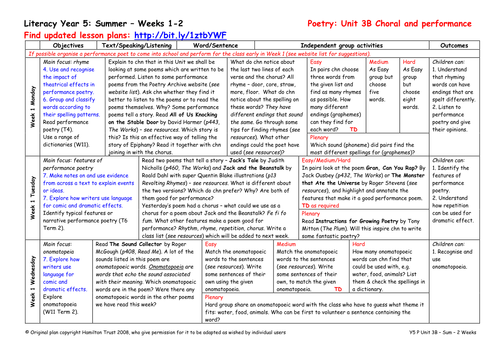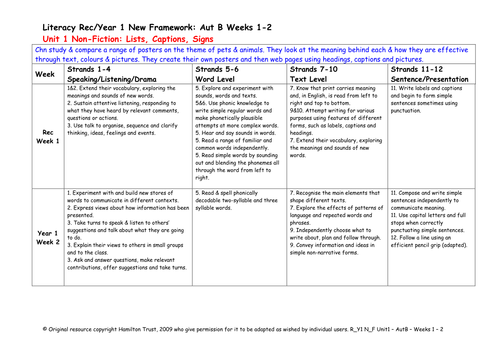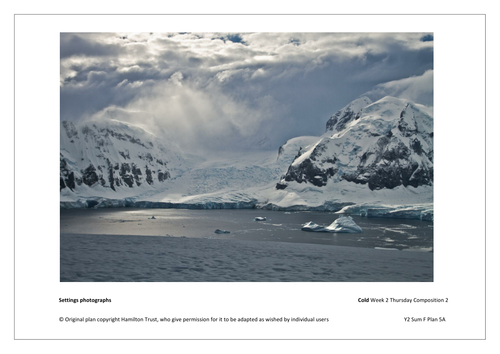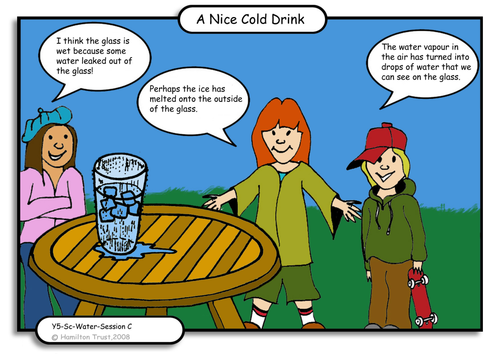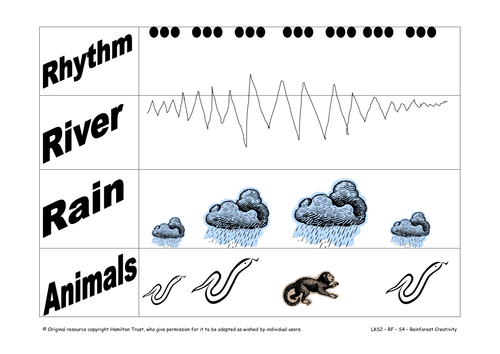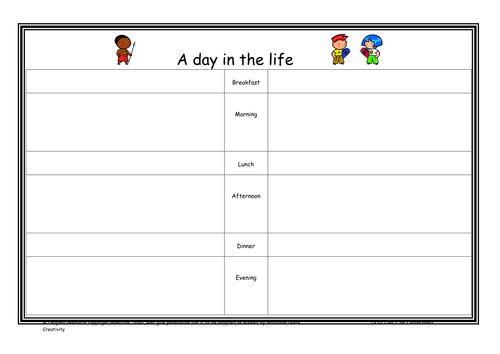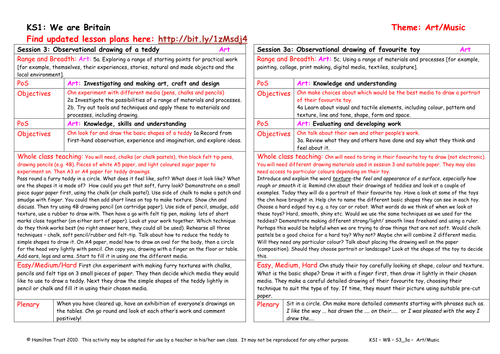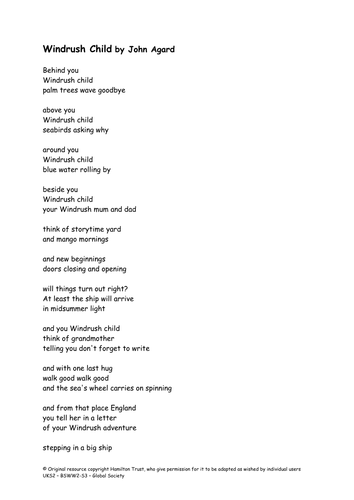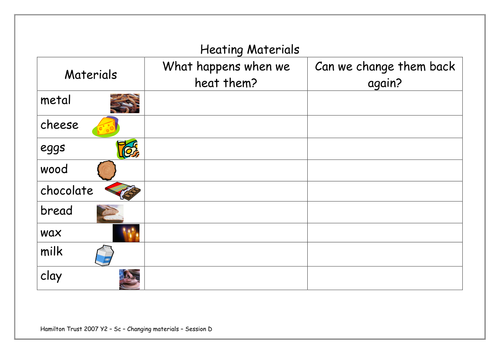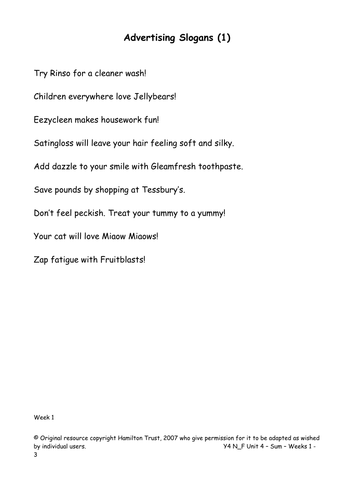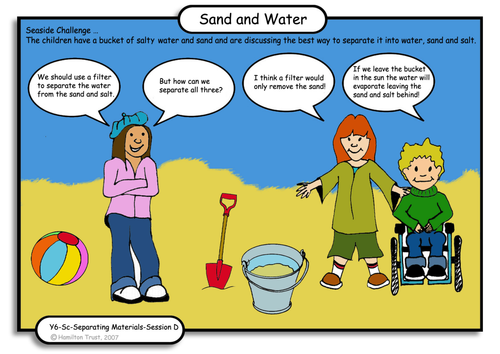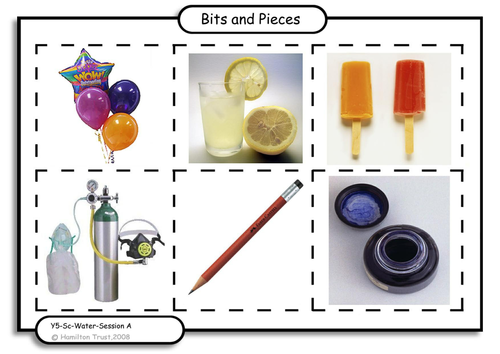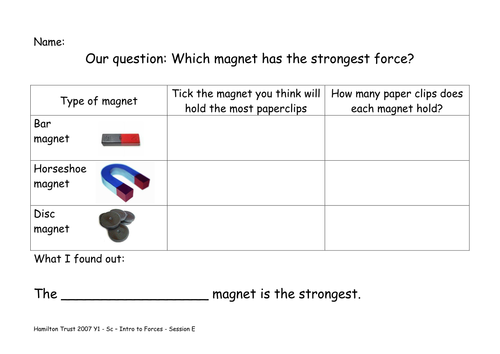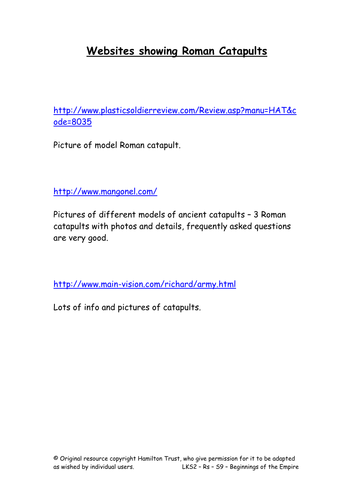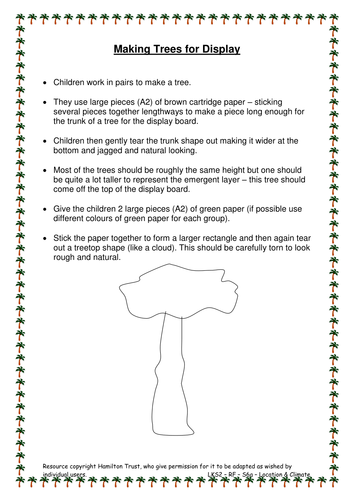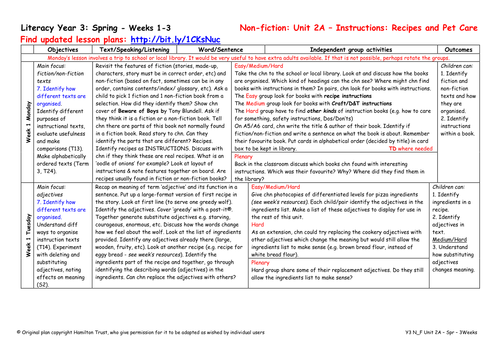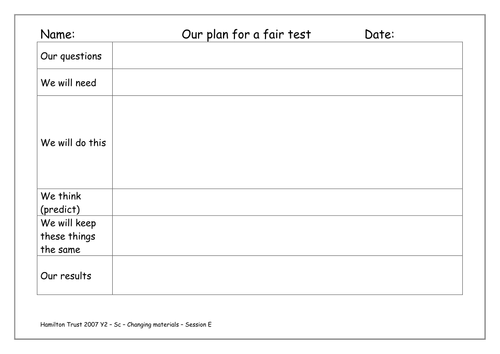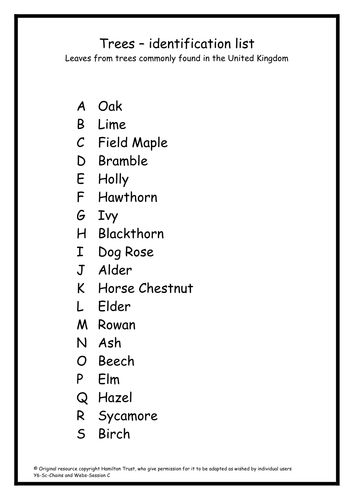
397Uploads
10037k+Views
11642k+Downloads
All resources

Yr 5 Poetry Unit 3B Choral and performance
Compare performance poems that tell a story and identify the features that make a good performance poem. Children then write their own performance poetry based on a fairy tale. Perform it for an invited audience using dramatic conventions to enhance the poem.

Yr1 NF Unit 1 Lists, captions and signs
Children study and compare a range of posters on the theme of pets and animals. They look at the meaning behind each and how they are effective through text, colours and pictures. They create their own posters and then web pages using headings, captions and pictures.

Year 2 Fiction 5: Quest stories
Children read a range of quest stories, exploring structure and language choice. They explore 4 types of sentence and experiment with tense. Children write their own extended stories, concluding by performing their writing to a younger child. This plan uses the books Lost and Found and The Way Back Home, both by Oliver Jeffers and We're Going on a Bear Hunt by Michael Rosen. It also uses Hamilton Group Reader The Quest.

Evaporation and condensation
Look at evaporation and condensation of water as reversible changes. Discuss everyday examples & uses of evaporation and condensation. Plan and carry out an investigation into the factors that speed up evaporation.
Suitable for Y5 pupils.

Rainstorms - composing music
A storm is brewing. Thunder rumbles in the distance! In this session children use a text as a starting point for a musical composition. Using their own instruments made in the previous session they compose, record and perform their own music in groups.

A day in the life! Rainforest Diaries
Your lunch is what you find to eat in the rainforest, not the contents of mum’s packed lunch! But there are other important differences too!
Children use their notes from the previous session to compare their lives to those of children in the Jungle.

Yr 1 Poetry Unit 3B Weather poems
A range of poetry structures is identified through examples of poetry written on the theme of weather. Children consider the effect of patterned language, imagery and rhyme. They write and perform their own weather poems.

Rainforests - Reports Weeks 1 - 4
Explore report writing (and some explanation writing) through the fantastic book The Vanishing Forest by Richard Platt.
Identify the causes of deforestation and look at both sides of the question. Research the importance of the rainforest and write a report.

Observational drawing of a favourite toy
Children learn the word ‘texture’. They look carefully at their favourite toy and talk about the feel and appearance. They decide which media they want to use to represent it and do a beautiful drawing! They talk about their work and the work of other people.
Suitable for years 1 and 2.

Windrush
Read the poem Windrush Child by John Agard and get children’s reactions. Give brief history of SS Windrush’s journey to Britain in 1948. Children either mark the journey on a map or answer questions about photographs to do with Caribbean immigration on the Windrush.

Investigate effect of heat
Start to explore and describe the way some materials change when they are heated. Practical class investigation about toasting bread, with a focus on observation.
Introduce concept of reversible and irreversible changes for more able learners.
Suitable for Year 2 pupils.

Yr 4 NF Unit 4 Persuasive texts: Media
Children investigate persuasive writing devices in a variety of magazine and newspaper adverts and cinema and TV adverts. They produce an individual poster, work in groups to write a TV or radio advert and then create a trailer for a children’s DVD.

Evaporation
Evaporation is the name of the game in this session as children use it to separate materials in solutions. They investigate a variety of liquids to see which leave a residue after evaporation and grow their own salt crystal. Suitable for Y6 pupils.

States of matter
This strand begins with children comparing the properties of the three states of matter – solid, liquid and gas. Water is used as an example of a material that can exist in all three states. Use drama to model this.
Suitable for Y5 pupils.

Explore push and pull with magnets
Explore pushes and pulls using magnets. Do a test to find out which is the strongest magnet out of three. Record findings. Explore toys and games that use magnets. Think about everyday objects that use the forces exerted by magnets. Suitable for Year 1 pupils.

Design & Make Catapults
Children look again at Roman catapults. Using a wide variety of materials, incl some mechanical components, they design & create a working model of a catapult in the Roman style. They develop their ideas, then compete to see whose catapult works best!
Suitable for years 3 and 4.

Rainforest Display
Children create a piece of rainforest in the classroom in this session. After looking at images of rainforests and their trees, children use coloured papers to create trees and leaves for display.
Suitable for years 3 and 4.

Yr 3 NF Unit 2A Instructions : Recipes and Pet Care
Use recipes in Beware of Boys to identify differences between fiction and non-fiction text and to stimulate recipe writing.
Make pop-up cards without pics and study recipes without ingredients to identify features. Then write instructions for pet care as a poem!

Melting investigation
Practical class investigation about melting chocolate and then shaping it before allowing it to cool and harden.
Focus on planning a fair test, prediction and use of scientific vocabulary. Optional addition of rice pops to shapes!
Suitable for Year 2 pupils.

Leaf key
Leaves are a useful way of identifying plants, but they come in so many shapes and sizes! Children take a closer look at the structure of some collected leaves before creating a dichotomous key to help identify them. Suitable for Y6 pupils.

